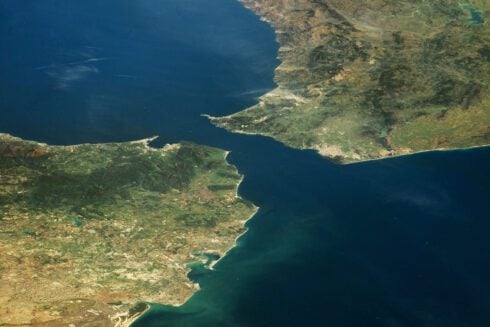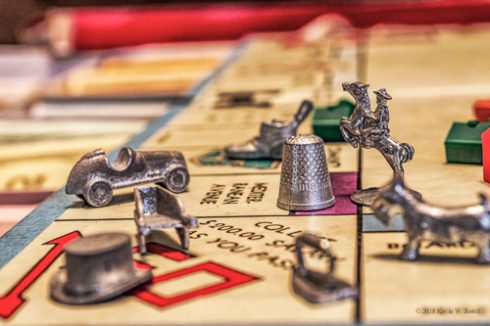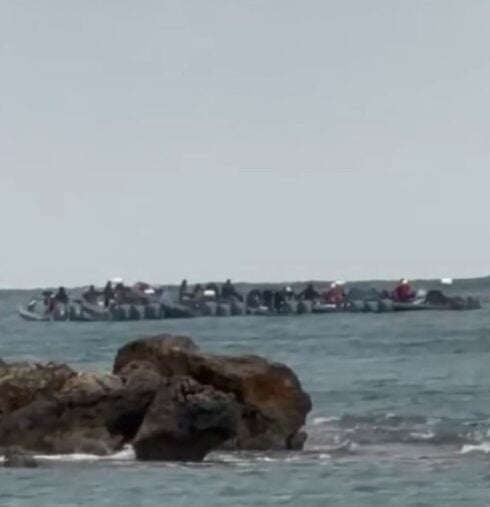THE coronavirus pandemic has led to an epidemic of a different type – a rash of online hoaxes.
In Spain alone, 50 examples of fake ‘news’ have been found by the country’s Centre of Intelligence against Terrorism and Organised Crime (CITCO).
These bogus reports include army helicopters spraying Malaga with disinfectant and former king Juan Carlos having the disease.

Another is that Podemos party leaders Pablo Iglesias and partner Irene Montero have two ICU intensive care teams on permanent standby outside their home.
More relevant to most people was the worrying ‘news’ that Mercadona was limiting customers to two items per trip, again false.
Many of the hoaxes have been put out on social media networks such as WhatsApp in such a way as to appear to come from reliable news services.
For example, the fake news about King Juan Carlos I was spread through a Twitter account posing as the national newspaper El Pais.
Most of the hoaxes take the form of warnings or recommendations that come from an unidentified source.
One example is the ‘advice’ from people living in Milan (Italy) who recommended wearing only one pair of shoes to go out on the street and to leave at the front door on getting home.
CITCO has also verified that some videos showing looting or crowding in supermarkets were from other countries, in some cases from years ago.
More seriously, fake medical advice has been put online.
These include claims, often purporting to come from ‘a doctor they know’ that drinking hot water kills the bug, or that gargling with warm water and salt or vinegar prevents infection.
This report from SNOPES factcheckers debunks this claim.
Faced with this cascade of lies and misinformation, the police and Spain’s Ministry of the Interior strongly recommend that people only pay attention to official sources.
They insist people should ignore alleged warnings from the government or security forces if they have not been issued through their legitimate channels.
Click here to read more Spain News from The Olive Press.








